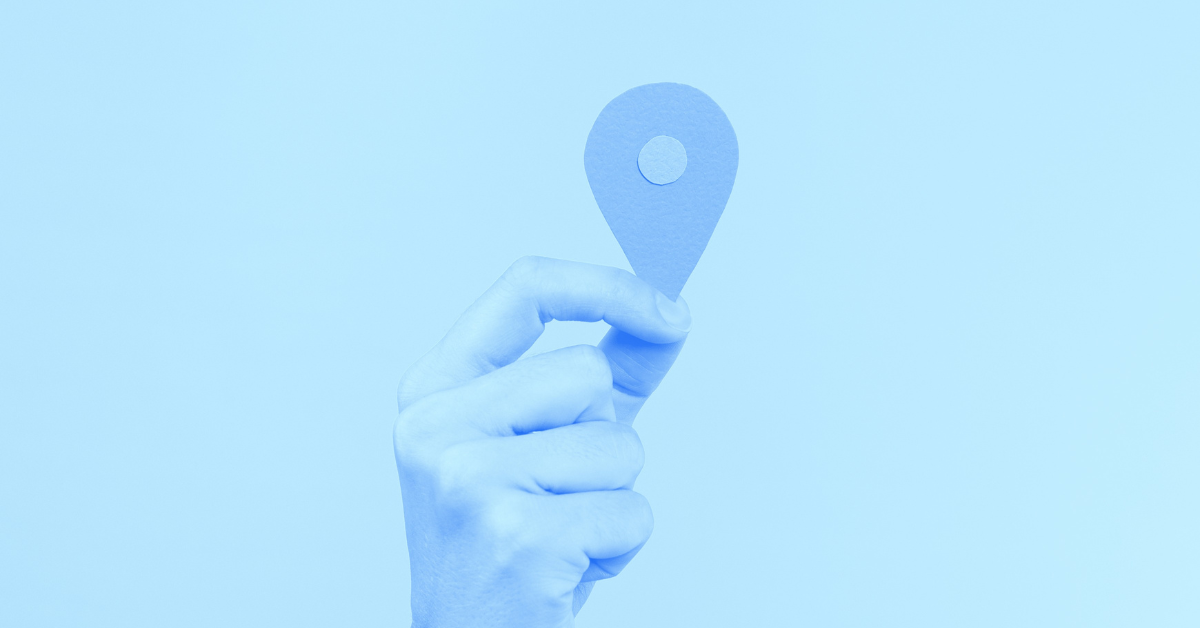These Related Stories
Unexpected Costs of Buying Your First Home
Share this

It's no secret that buying your first home is expensive. But for many first home seekers, the new homeowner fees can feel crippling. It's not like it is on TV: potential homebuyers find a home they love, put in an offer, then magically find themselves lounging in their new living room.
There is far more paperwork -- and expensive fees -- than shown on TV.
The main budget consideration for most people is the down payment. How much should be put down, and what percentage of the house price is acceptable? The down payment is certainly the biggest chunk of change upfront and it’s one you’re probably already familiar with. But don't forget these other costs that can add up quickly:
Home Inspections
Some are required, some are optional, but they all cost money. The home inspection alone costs about a couple hundred dollars, and costs will vary depending on the inspector you choose, where you live, and the type of property you’re looking to buy.
On top of that, you might have termite, electric, radon or lead paint inspections. Whether or not you’re required to have an inspection, it’s a smart move to make. It is an unexpected cost up front -- but a qualified professional can unearth serious problems in the home you’re looking to purchase which could save you exponentially more down the road.
Closing Costs
Closing costs include a broad variety of fees, all paid at your closing. It includes underwriting fees, charges for pulling your credit report, recording fee, appraisal fee, and more.
The cash you need to pay out of pocket at closing will vary from property to property, but you should be prepared to put a few thousand extra dollars on top of your down payment money. A general rule of thumb is to budget your closing costs to add up to about 4% of the final purchase price.
The Cost of Moving
Buying a house may be expensive, but the actual move isn't cheap, either. First you'll have to stock up on boxes, tape and bubble wrap -- and that can get pricey, fast!
If you can, track down boxes from others who have recently moved. You can also check with retailers and grocery stores and ask if they have any cardboard boxes you can take. You can also wrap breakables in your clothes, which you'd have to pack anyway.
Don’t forget to account for costs like renting a moving truck or hiring movers. It's going to be very different if you're moving in town or across the country, so do your homework ahead of time to avoid a surprise massive fee. These costs are fairly easy to research if you can map out each step of your move (whether it’s 5 minutes down the road or 500 miles across the state).
Movers might be expensive, but consider how much stuff you have and how long it would take to move everything. There’s an opportunity cost in play here, too. How much of your own time are you spending if you do it yourself? Could you invest that time elsewhere? Are you risking hurting yourself if you move without professional help?
Evaluate your situation, and then plan to include the costs you plan to take on into your overall budget.
Super Sneaky Unexpected Costs: Meals Out!
Here’s an unexpected costs that many first-time home buyers don’t anticipate: the cost of meals out you’ll purchase while getting settled!
Your first couple days at your new house, there's a good chance your kitchen won't be put together. Pots and pans might still be hidden in boxes, plates and cups won't be washed, and your fridge will be mostly empty. Beyond that, you'll be slowly stocking up on staples that run up your grocery bill, so be prepared for food expenses beyond your usual.
Once you're in your home, you will have other expenses to consider as well. There will be lawn upkeep, garbage bills, heating and cooling costs, and subscription expenses you may not have had before buying a home.
The best way to cope with the change is to track everything, mark down when bills are due, and adjust your budget as you get used to your fluctuating home expenses. Soon your upfront costs will level out and you will be used to the financial changes that come along with homeownership.
 About the Author: Heather Swick is an author, freelance writer, and editor who has worked for news outlets, national magazines and blogs. She is driven to help others achieve their career and financial goals and share her own experiences along the way.
About the Author: Heather Swick is an author, freelance writer, and editor who has worked for news outlets, national magazines and blogs. She is driven to help others achieve their career and financial goals and share her own experiences along the way.
Share this
- Good Financial Reads (924)
- Financial Education & Resources (892)
- Lifestyle, Family, & Personal Finance (865)
- Market Trends (114)
- Investment Management (109)
- Bookkeeping (55)
- Employee Engagement (32)
- Business Development (31)
- Entrepreneurship (29)
- Financial Advisors (29)
- Client Services (17)
- Journey Makers (17)
- Fee-only advisor (12)
- Technology (8)
Subscribe by email
You May Also Like

Fee-Only Versus Fee-Based Financial Advisors: What's The Difference?
.png)
Financial Planning for Millennials

